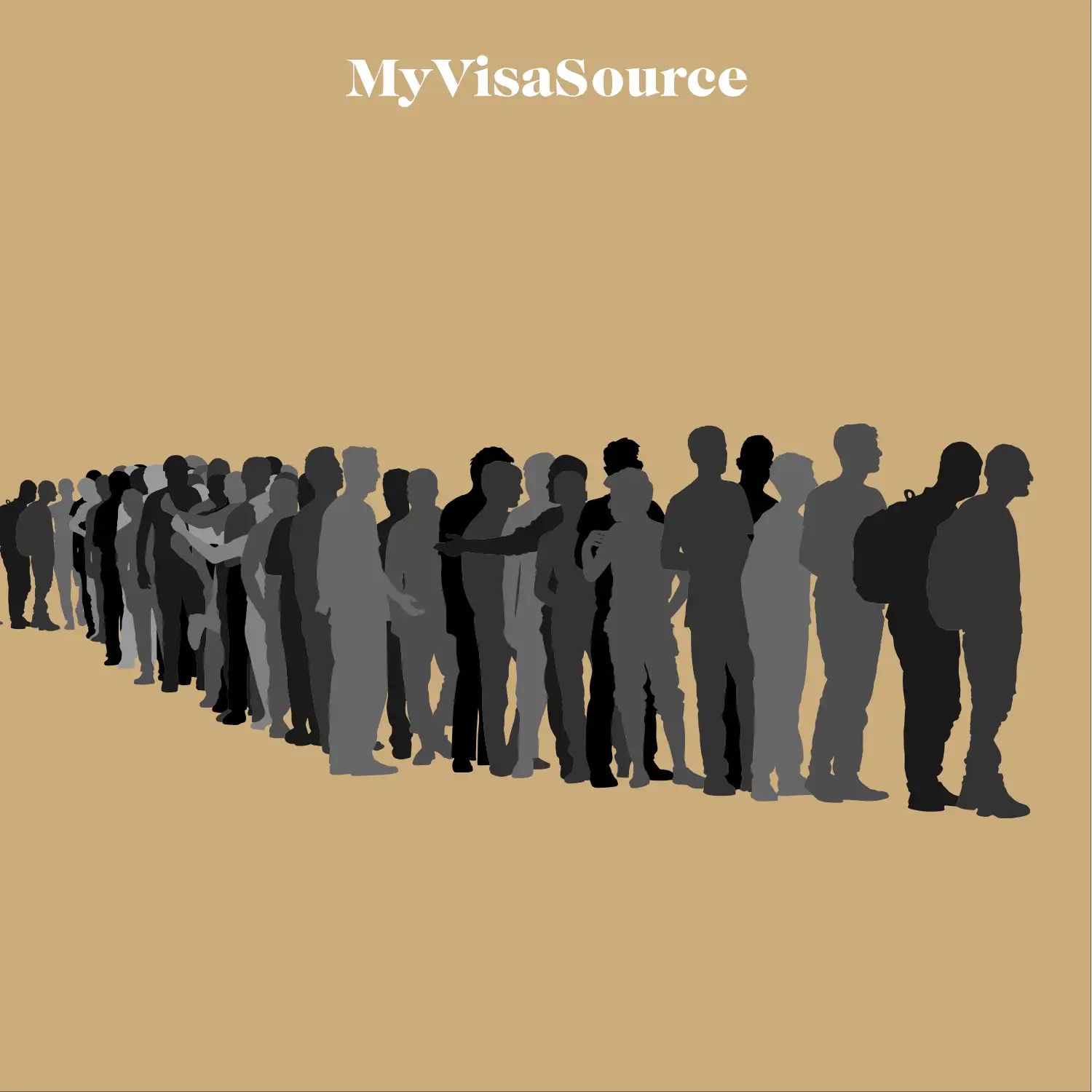Traditionally, spousal sponsorship has taken over two years to process for those looking to bring their spouse to Canada. That's obviously a painfully long time to wait to be with the person you love. But, the federal government is trying to change that situation. Read on to learn about what Ottawa is doing to cut the spousal sponsorship backlog, and how these measures will affect you and your spouse.
What’s the Current Situation?
If your spouse isn’t originally Canadian, he or she will have to wait at least a year (and in some cases, over two years) to acquire permanent residency.
Let’s say you married your spouse, but he or she is still living abroad, called overseas spousal sponsorship. It could take at least a year to process his or her application for permanent residency. That wait time also depends on his or her country of residence. Is your groom or bride living in Pakistan? It will take 26 months to process his or her application.
What if your spouse is already in Canada? This is called inland spousal sponsorship. He or she might as well be living in Pakistan. It still takes 26 months to process a permanent residency application for someone in that situation (known as inland spousal sponsorship).
According to the Toronto Star, as of June 2016, there were 48,500 people living outside of Canada waiting for spousal sponsorship of their permanent residency. An additional 34,000 people living in Canada were in the same boat.
Why Is There a Backlog?
How did this backlog get to be so big? The blame lies with some decisions made by Immigration, Refugees and Citizenship Canada (IRCC), the federal agency responsible for handling immigration requests.
In February 2014, the IRCC moved the processing of inland spousal sponsorship cases from a facility in Alberta to another outside of Toronto. That’s when wait times for those files began to grow.
Six months later, the agency introduced a new application form for spousal sponsorship. Officials decided to mail back some of the applications, even if people had completed them before the introduction of the new form.
While the backlog has definitely worsened, it’s most certainly not a new problem. In 2010, the Office of the Auditor General cited IRCC's inability to communicate with applicants about the length of processing times in a report.
Furthermore, the demand for Canadian immigration and residency far outstrips the agency’s processing capacity, and that’s been the case for a number of years.



















